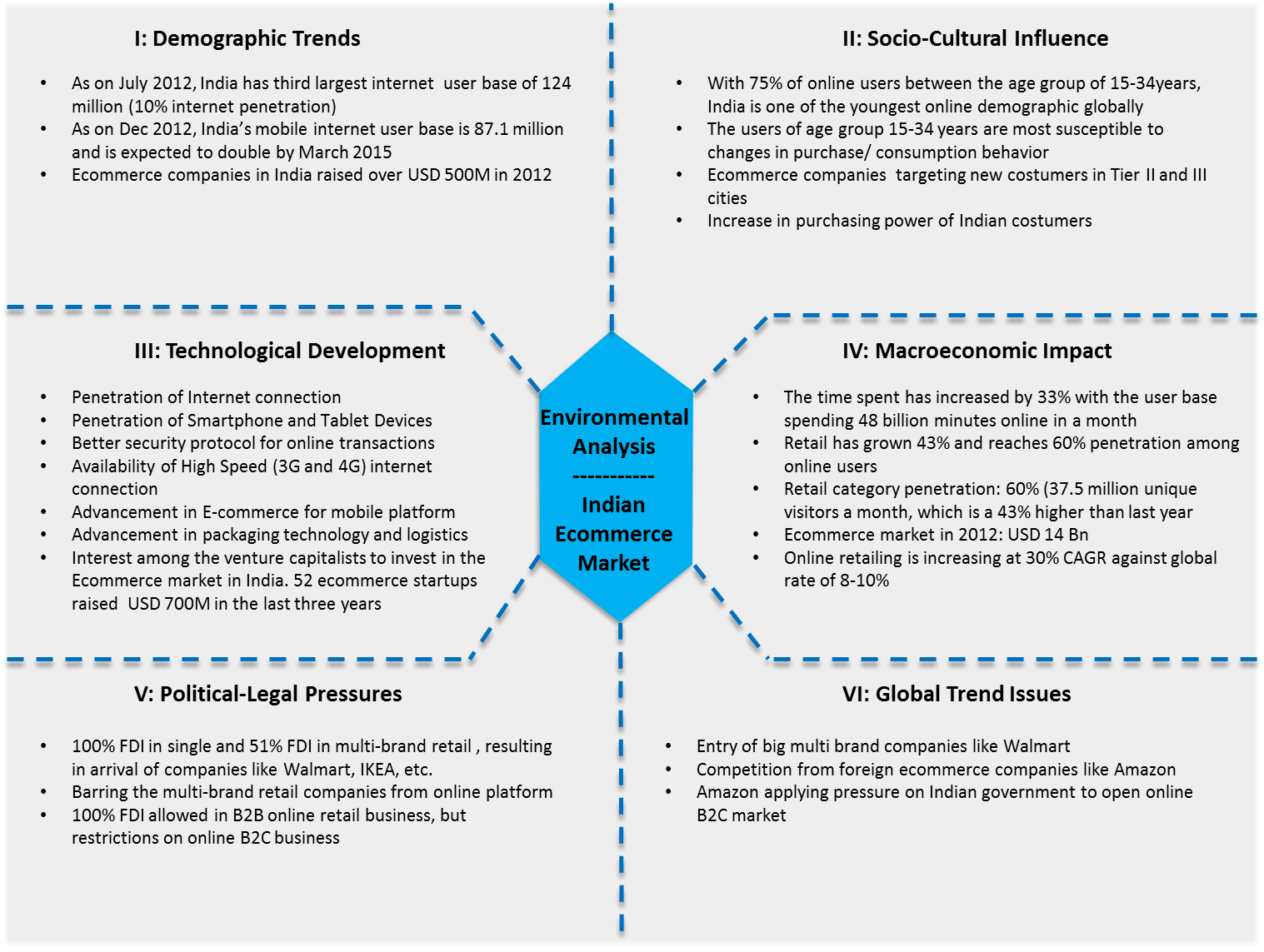Scope of Public-Private Partnership in Education
The reason to choose this public policy issue as a topic for my essay lies in the fact that this being my interest area, exposure to the related concepts and developments is higher.
I will not present any significant fact, figures and statistics to prove that the field of education is suffering, when it comes to involvement of government only. It is a conclusion, given by many experts. Obviously all is not well with the manner the government tackles the challenge that the country’s education is.
I will try to address the plight of primary, secondary, tertiary and professional education separately. Nevertheless, many reasons do coincide within these levels of education…
When talking of absolute number of literates in India, there had been an increase of 38.82% in 2011 in comparison to that in 2001. Gender wise, it is 31.98% and 49.10% for male and female respectively. Percentage wise, the respective increase is 9.2% (to 74.04%), 6.9% and 11.8%.... always assuming that the criteria for judging a person’s education level is rightly established (which is in itself a topic of discussion).
Significance of the issue
Every little development of the country is a result of years of efforts, which is put in educating the countrymen. Education is a beginning of everything which has any relation with the country’s progress.
Primary and secondary Education
The primary challenge of primary education is attracting the young ones to school. In secondary, the question is of retention.
Easy?
Not when we are talking of the class of society, which feels it is more profitable to make the child work than to educate them. Foremost, the parents should be convinced that education would actually brighten their child’s future in the long run. Then comes the issue of quality of teaching, which perhaps, is most important at this level, as it is where the foundation is laid.
Tertiary and Professional Education
If primary and secondary education is all about imbibing in knowledge, tertiary education is about using previous gained knowledge to learn and create newer concepts. This may not require individual attention if the fundamentals are taken care of, but there should be inductive environment to learn and experiment.
Possible Solutions (A few of many…)
A solution is proposed by Milton Friedman, who says ‘The most feasible way to bring about such a transfer from government to private enterprise is to enact in each state a voucher system that enables parents to choose freely the schools their children attend. The voucher must be universal, available to all parents, and large enough to cover the costs of a high-quality education. No conditions should be attached to vouchers that interfere with the freedom of private enterprises to experiment, to explore, and to innovate’. This would result in the healthy competition among the schools to attract the government vouchers, and hence improving the overall quality of education as the power of choice is now in the consumers’ hand. Moreover, this is perhaps the best available method to provide justifiable education opportunities to the poor.
Another alternative (or complementary) option would be to overhaul the professional education system to include part time teaching as compulsory activity for the time period of their graduation degree. They can stretch to remote areas through ICT technologies. This would, to some extent, solve the problem of absence of good teachers. Same can be made obligatory for top private schools and colleges. The faculty there can teach students through methods like video conferencing, etc.
Governments have money. And private sector knows how to optimally use it. Instead of coming up with schemes, which would only result in its wastage due to corruption, etc., government can give it to omnipresent private institutions and encourage them to open and run educational facilities in deprived areas. NGOs can help in changing the mindset of people, who prefer to make their children work than to study.
For Tertiary Education, government must:
· Avoid the regulation of Universities. Competition has the habit of improving quality…
· Open the gates for entry of foreign universities, without any unnecessary conditions as a speed breaker. Similarly, it should allow the Indian universities a chance to spread abroad.
· Not regularize the faculty’s remuneration. Let it be decided by market forces.
Parameter/Variables for Evaluation
· Ranking of schools and universities by more than one independent body, including some international ones as well
· Routine and surprise inspection and evaluation of institutions should be done to ensure the upkeep of standards


Comments
My conclusion is slightly different though. My conclusion is to allow taxpayers to directly allocate their taxes among the various government organizations at anytime throughout the year.
This would force taxpayers to consider the opportunity costs of their taxes. From wikipedia..."opportunity cost plays a crucial part in ensuring that scarce resources are used efficiently."
So rather than trying to put any public goods over to the private sector...the goal would be to apply market principles to the public sector.
This increased competition between the two sectors would benefit everyone.
If you're interested in considering the possibilities here's my blog post on the scope of government.